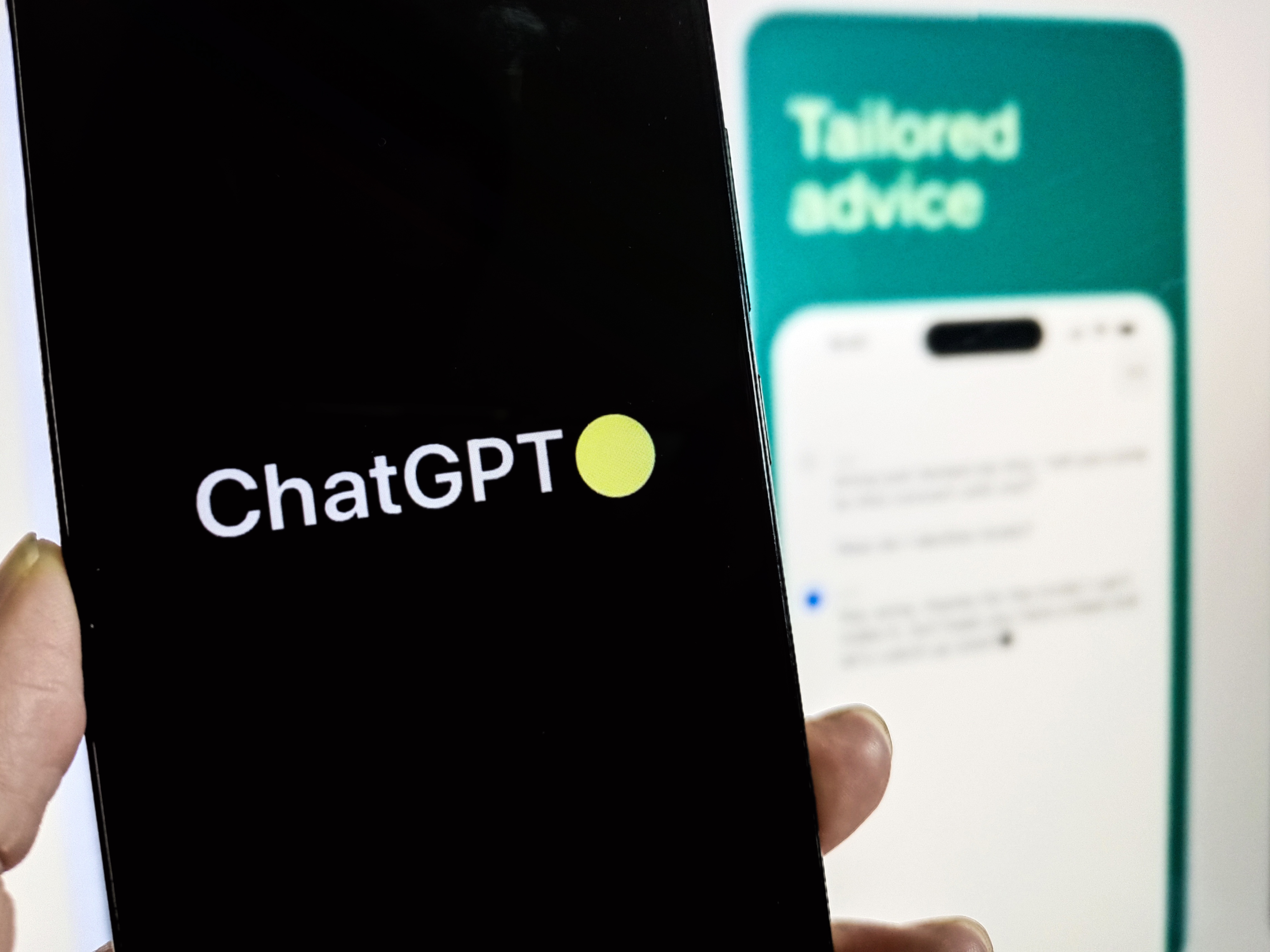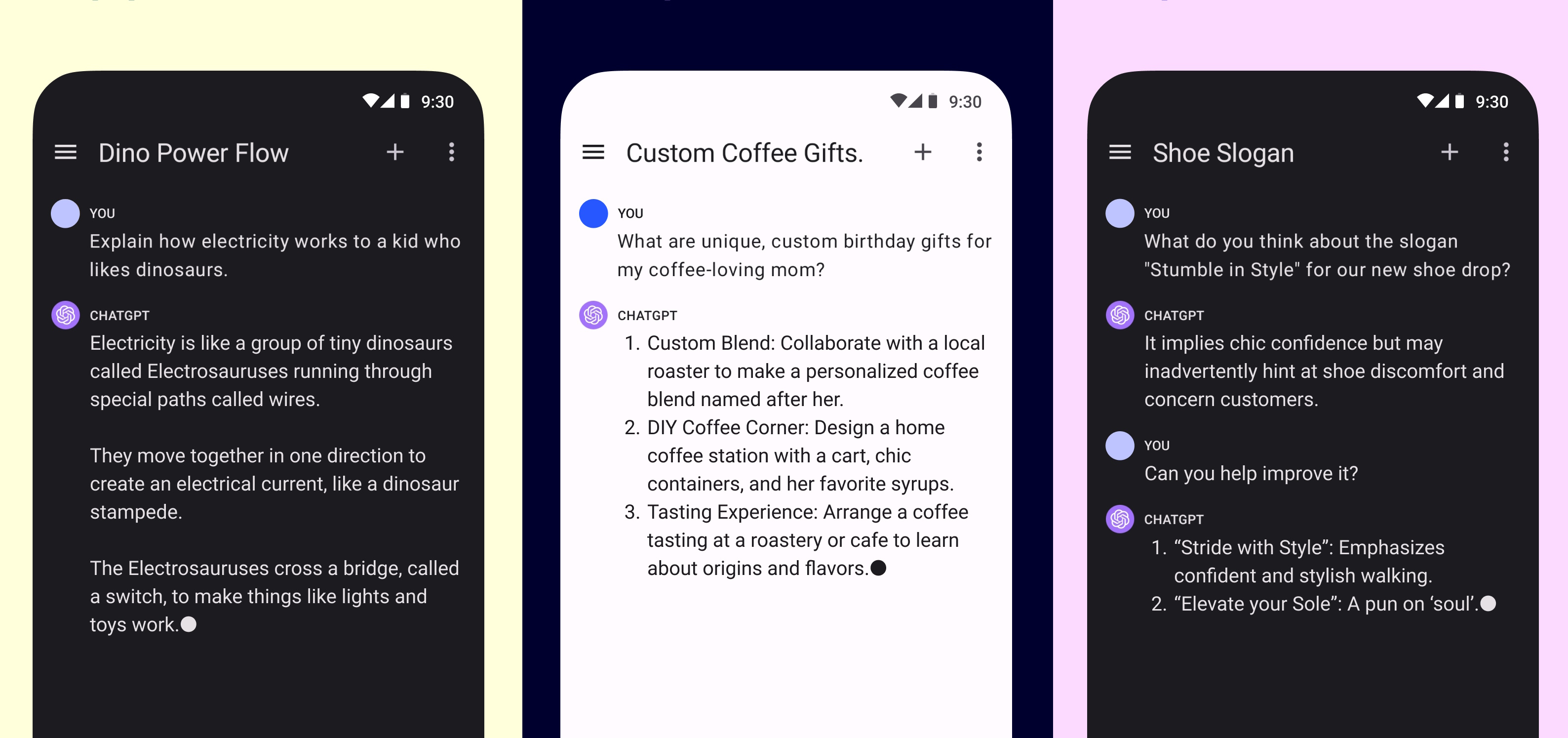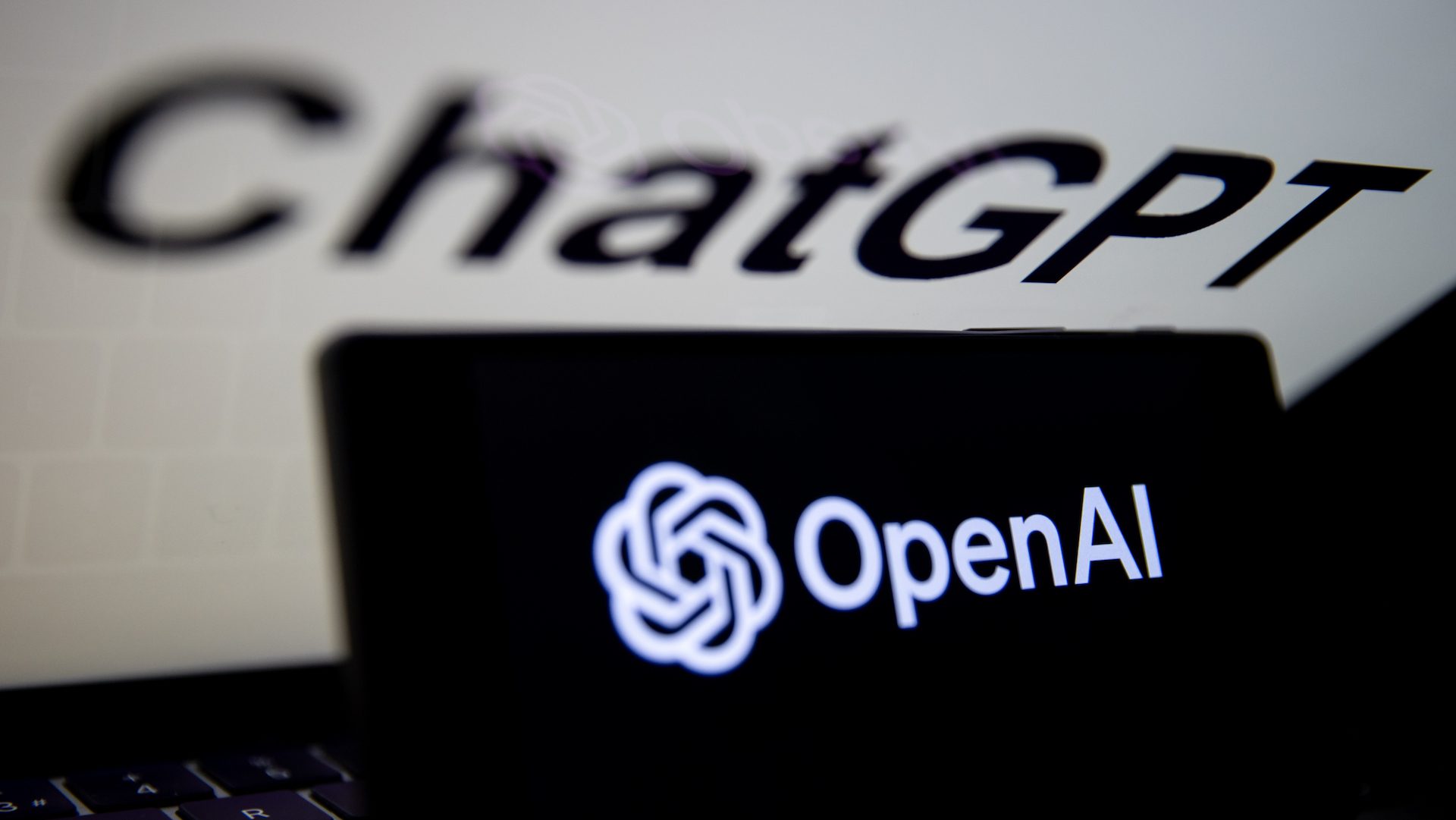ChatGPT, OpenAI's viral AI chatbot, turns one year old.
A year ago, OpenAI launched ChatGPT as a “review preview,” reportedly driven in part by an intense rivalry with AI startup Anthropic. The objective, leadership in the field of Artificial Intelligence communicated OpenAI, then, was about collecting more data about how people use and interact with generative AI to inform the development of future OpenAI models.
Initially a basic, free-to-use, web-based, chat-centric interface, on top of one of OpenAI's existing models, GPT-3.5, ChatGPT would become the company's most popular product..., and the Fastest growing consumer app in history.
A year ago tonight we were probably sitting in the office putting the finishing touches on chatgpt before launching the next morning. What a year it's been... —Sam Altman (@sama) November 30th 2023
In the months since its launch, ChatGPT gained additional paid features, including a plan aimed at enterprise customers. OpenAI also updated ChatGPT with capabilities web search, document analysis and image creation (via DALL-E 3). And, based on speech recognition, speech synthesis, and text-image understanding models developed in-house, OpenAI gave ChatGPT the ability to “listen,” “speak,” “see,” and take actions.
In fact, ChatGPT became the number one priority at OpenAI: not just a single product, but a development platform on which to grow. And, as is often the case in a market driven by competition, the focus also shifted to other AI companies and research labs.
Google was quick to release a response to ChatGPT and finally launched Bard, a roughly comparable AI chatbot, in February. Many other rivals and derivatives of ChatGPT have hit the market since, most recently Amazon Q, a more business-oriented version of ChatGPT. DeepMind, the main research laboratory of google artificial intelligence, introduce a next-generation chatbot, Gemini, before the end of the year.
Stella Biderman, an AI researcher at Booz Allen Hamilton and the open research group EleutherAI, said she doesn't see ChatGPT as advancing AI per se. OpenAI, which has published dozens of research papers on its models, tellingly, never published one on ChatGPT. But, she says, ChatGPT was a real “breakthrough in user experience”: it brought generative AI to the forefront of new trends.
“The main impact of ChatGPT has been to encourage people who train AI to try to imitate it, or encourage people who study AI to use it as their central object of study,” Biderman said. “Previously, it was necessary to have some skill, although not be an expert, to consistently obtain usable solutions from text generation models. Now that that has changed… ChatGPT has attracted a lot of attention and discussion about the technology.”
And ChatGPT is still in the spotlight, at least if we go by third-party statistics.

According to web metrics company Similarweb, OpenAI's ChatGPT web portal received 140,7 million unique visitors in October, while the ChatGPT apps for iOS and Android have 4,9 million monthly active users in the US alone. Data from analytics firm Data.ai suggests the apps have generated nearly $30 million in subscription revenue, a considerable amount considering they launched just a few months ago.
One of the reasons for ChatGTP's enduring popularity is its ability to conduct conversations that are "compellingly real," according to Ruoxi Shang, a third-year doctoral student at the University of Washington who studies human-AI interaction. Before ChatGPT, people were already familiar with chatbots; after all, they've been around for decades. But the models that power ChatGPT are much more sophisticated than many users were used to.
"Human-computer interaction researchers have studied how conversational interfaces can improve information understanding, and the socialization aspects of chatbots drive greater engagement," Shang said. “Now, AI models have enabled conversational agents to hold conversations almost indistinguishable from human dialogues.”
Adam Hyland, also a Ph.D. who studies AI at the University of Washington, points out the emotional component: conversations with ChatGPT have a palpably different “feel” than more rudimentary chatbots.
“In the 1960s, ELIZA offered a chatbot, whose response was very similar to the way people reacted to ChatGPT,” Hyland said, referring to the chatbot created by MIT computer scientist Joseph Weizenbaum in 1966. “The humans who “They interacted with the system, inferred emotions in the content and a narrative through the chat messages.”
In fact, ChatGPT has impressed cynics like Kevin Roose of the New York Times, who has classified it as the “best AI chatbot ever released to the general public.” In The Atlantic magazine's “Previews of the Year” for 2022, Derek Thompson included ChatGPT as part of “the eruption of generative AI” that “can change our view of how we work, how we think, and what human creativity is.”
ChatGPT's abilities extend beyond conversation. Another likely reason for its resilience is that ChatGPT can complete and debug code, compose music and essays, answer exam questions, generate business ideas, write poetry and song lyrics, translate and summarize texts, and even emulate a Linux computer.
Un MIT study showed that, for tasks such as writing cover letters, "sensitive" emails, and cost-benefit analysis, ChatGPT reduced the amount of time it took workers to complete tasks by 40% and increased production quality by 18%, as measured by third parties.

ChatGPT screens and prompt examples from the Android app, which launched in July.
“As the models that train OpenAI have been trained extensively with large amounts of data,” Shang added, “it has shifted the focus from training specialized chatbots for specific domains to creating more general-purpose systems that can easily handle a variety of topics. through prompts through instructions… “Chatbots like ChatGPT do not require users to learn any new form of language, as long as they provide a task and some desired result, just as two people would communicate.”
Now, there is conflicting evidence as to whether ChatGPT is actually used this way. A Pew Research survey in August showed that only 18% of Americans have ever tried ChatGPT, and that the majority of those who have tried it use the chatbot for entertainment purposes or to answer specific questions. Teenagers may not be using ChatGPT very frequently (despite what some alarmist headlines indicate), and a survey showed that only two in five teens have used technology in the past six months.
The limitations of ChatGPT could be the culprits.
While its capability is undeniable, ChatGPT is far from perfect due to the way it was developed and "taught." Trained to predict the most likely next word (or the next most similar word parts) by looking at billions of text examples from around the web, ChatGPT sometimes “hallucinates” or writes answers that sound plausible but are not objectively correct. ChatGPT's mind-blowing tendencies got his answers banned from the question-and-answer site Stack Overflow, used in at least one academic conference and accused of defamation. ChatGPT may also show bias in its responses, responding in a way sexist o racist, overtly Anglocentric forms, or regurgitating portions of the data on which it was trained.
Lawyers were sanctioned after using ChatGPT to help draft motions and discovering, too late, that ChatGPT fabricated false lawsuit subpoenas. AND negative ratings from authors who have sued OpenAI because the chatbot regurgitates parts of their work and does not receive compensation for it.
So what's next? What could ChatGPT's second year hold, if not more of the same?
Interestingly, and fortunately, some of the most dire predictions about ChatGPT did not come to pass. Some researchers feared that the chatbot was being used to generate misinformation on a massive scale, while others sounded the alarm about ChatGTP's email phishing, spam, and malware potential.
The concerns pushed policymakers in Europe to require security assessments for any products that use generative AI systems like ChatGPT, and more than 20.000 signatories, including Elon Musk and Apple co-founder Steve Wozniak, will sign an open letter calling for an immediate pause on experiments of large-scale AI like ChatGPT.
But they have been found few and specific examples of abuse from ChatGPT, until now.
With the launch of GPT, OpenAI's tool for creating custom conversational and action AI systems powered by its models, including those underpinning ChatGPT, ChatGPT could become more of a gateway to a broader ecosystem of chatbots. powered by artificial intelligence that the end of everything.

With GTPs, a user can train a model on a collection of cookbooks, for example, so that it can answer questions about the ingredients in a specific recipe. EITHER can provide a model of the codebases your company's proprietary code so developers can check your style or generate code according to best practices.
Some of the initial GPTs, all created by OpenAI, include a Gen Z meme translator, a coloring book and sticker maker, a data visualizer, a board game explainer, and a creative writing coach. Now, ChatGPT can perform these tasks with carefully designed prompts and background knowledge. But purpose-built GTPs dramatically simplify things and could wipe out the cottage industry that sprung up around creating and editing messages to feed ChatGPT.
GPTs introduce a level of customization far beyond what ChatGPT offers today, and once OpenAI solves its capacity issues, expect to see an explosion of creativity. Will ChatGPT be as visible as it once was after GPTs flooded the market? Maybe not. But it won't go away: it will simply adapt and evolve, no doubt in ways that not even its creators can anticipate.




